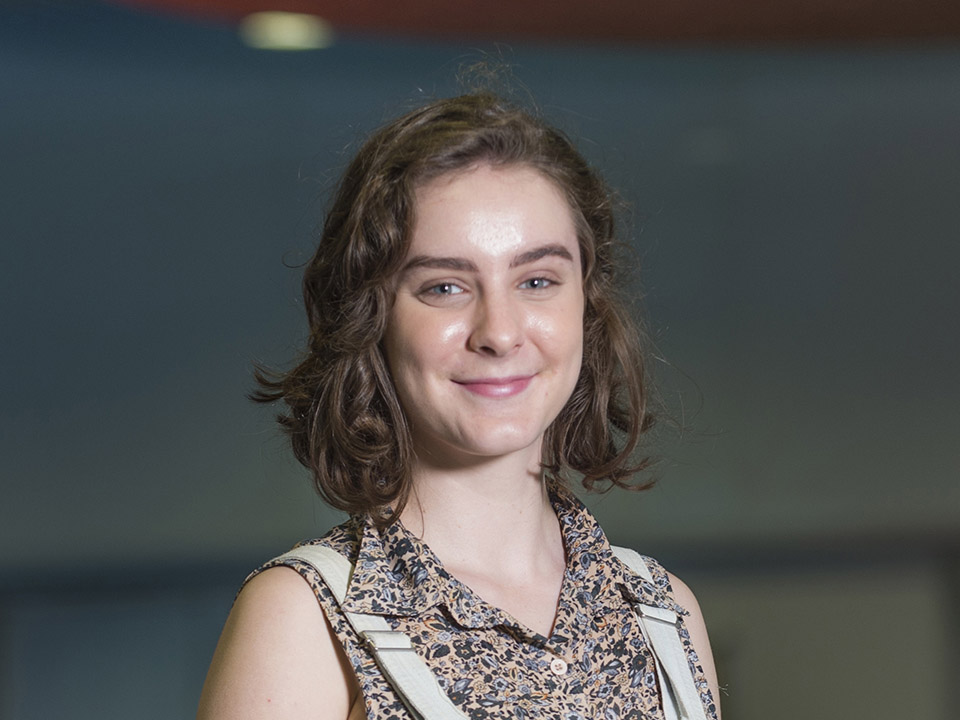Bachelor of Design (Interaction Design)
This course prepares you for diverse and agile career pathways in design, technology and innovation. It focuses on cutting-edge design skills, knowledge and capabilities needed for a contemporary designer to work across multiple fields, practices and contexts.
You'll undertake a series of interaction design studios focusing on industry-leading practices in human centered design, design thinking, experience design, service innovation and augmented reality.
Opportunities for industry work experience, international study tours and to network with design industry professionals nationally and internationally will ensure you graduate with one of the most versatile and contemporary skill sets in the sector.
Career pathways available to you beyond the design industries include roles in game design, information technology, health, education, science and engineering, as well as business and enterprise.
You will be prepared for employment opportunities across interaction design industries and in roles that are yet to emerge, including in areas such as web and mobile app design, interface design, user experience (UX) design or interaction (IxD) design, wearable fashion technology, interactive exhibition design, health technology innovation, data visualisation, smart home and virtual reality environments design, robotics design, communication design, and many more.
Build a qualification that supports your interests and career aspirations and equips you with the skills to transform and shape the future through information technology.
When you combine your interaction design and information technology skills you can work in a range of creative and commercial industries including advertising, education and gaming, or in cultural institutions. Roles include interactive media designer, usability specialist, information architect or graphic designer.
Get hands-on experience in state-of-the-art facilities and the skills required to be in demand as a problem solver.
As part of this course you must choose a major in:
- computer science
- information systems.





